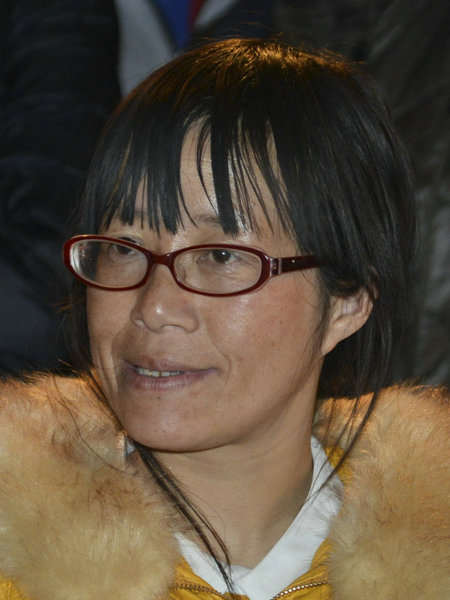 |
|
[Photo provided to chinadaily.com.cn] |
10 Poetic license
We seem to be a thousand years away from the height of Chinese poetry, when Li Bai, Du Fu and Bai Juyi reigned supreme. But we get occasional bursts of poetic creativity.
Yu Xiuhua caught public attention initially by her mismatch with our perception of a poet: She is a farmer without much education; she has cerebral palsy, which impairs her speech and movement; she does not belong to any literary circle, formal or otherwise. Yet her poems have such originality and poignancy that she became an overnight sensation of social media. Some call her "China's Emily Dickinson".
Feng Tang was already a celebrity when he set his eyes on Tagore's collection of poetry. As a matter of fact, he was not satisfied with the Indian Nobel laureate's English original and took it upon himself to "improve" it. The result is a new translation of Stray Birds that is more Feng than Tagore, complete with sexually suggestive terms, odd word choices and line separations. Public outcry ensued, pressuring the publisher to pull the book from the shelves.
As poetry, the purest form of literature, recedes into oblivion, we need these headlines to keep it from total irrelevance.